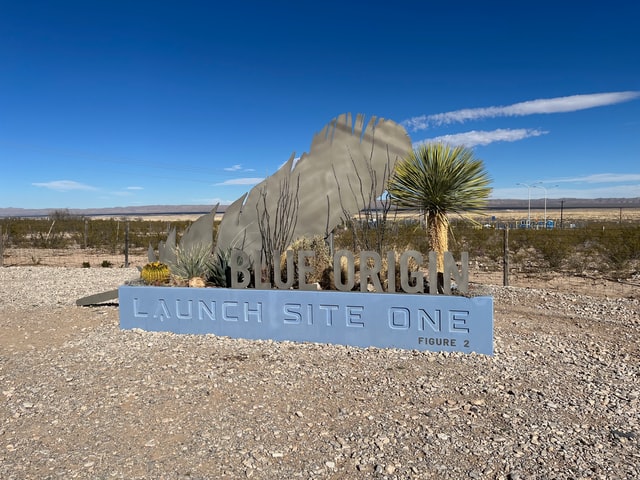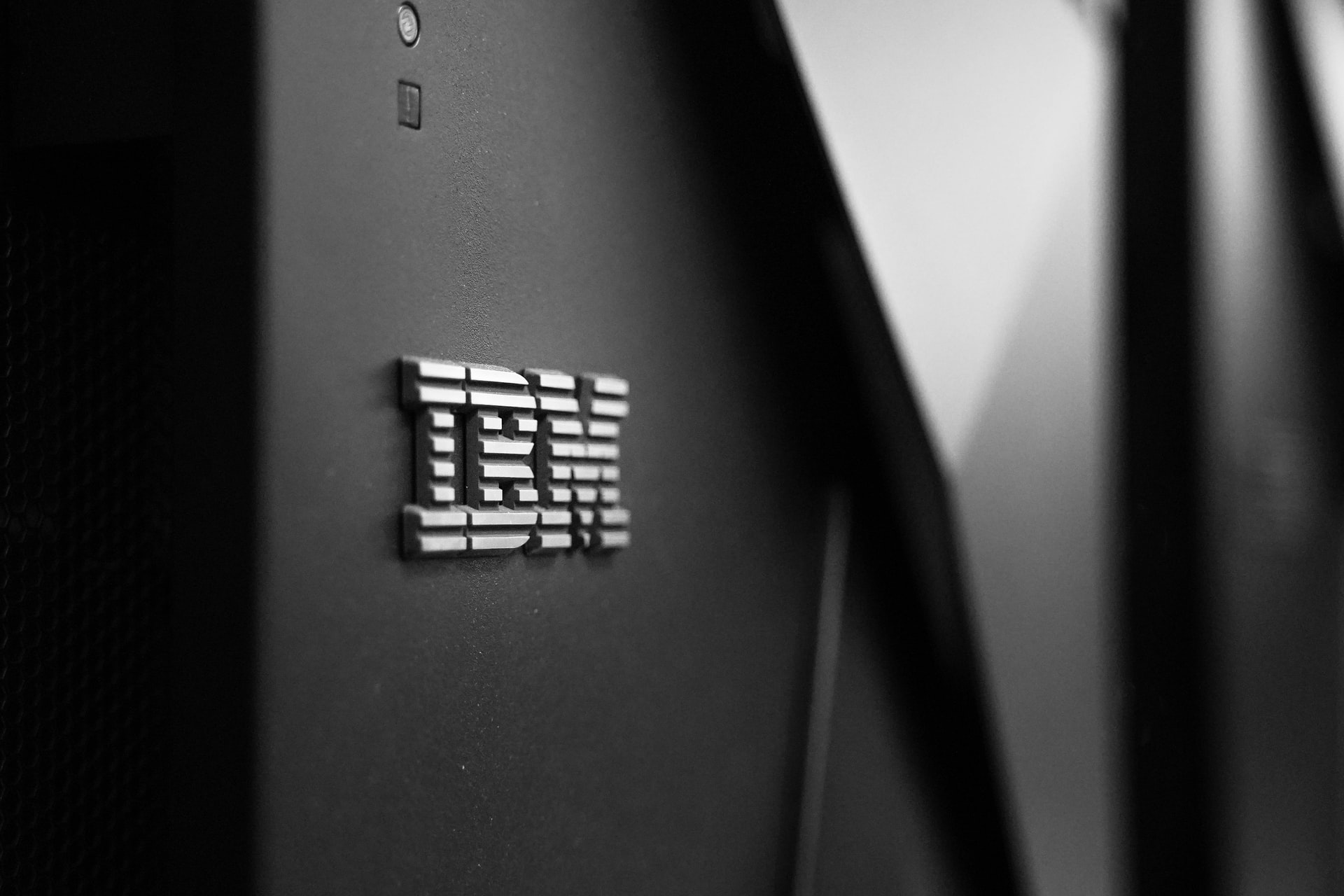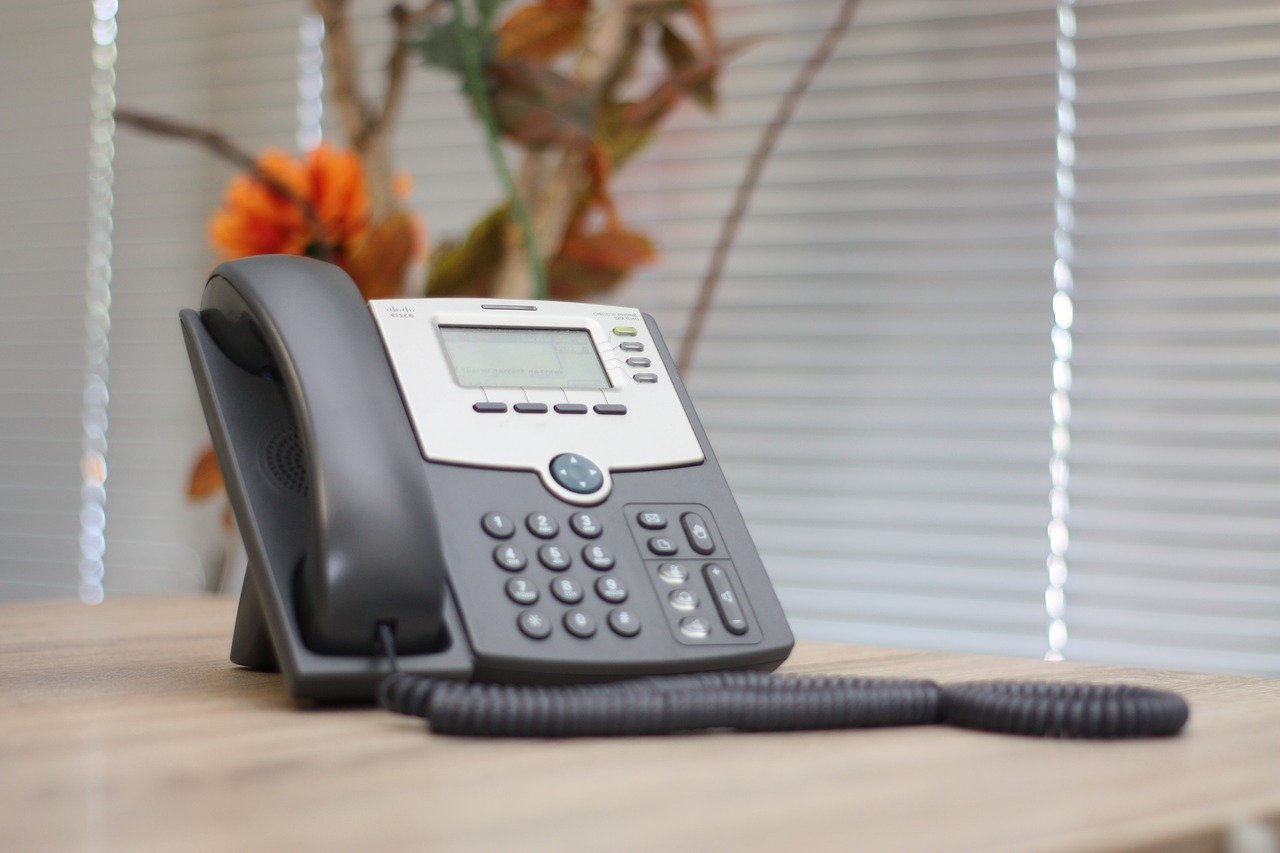Space Exploration Technologies, aka SpaceX, is a leading aerospace company headquartered in Hawthorne, California. SpaceX manufactures aerospace equipment and offers space transportation services and communications.
It was founded in 2002 by billionaire Elon Musk. Within a few years, SpaceX had developed Falcon 1, Falcon 9, Dragon cargo, heavy launch vehicles, Starlink communications satellites, and rocket engines.
Its Dragon was the first private spacecraft to reach the International Space Station. The company has launched 1,740 satellites as part of its Starlink constellation, which became the world’s largest satellite constellation in Jan 2020. [1]
In 2020, SpaceX had around 7,000 employees and generated over $ 2.5 billion in revenues. The company provides internet services via the Starlink satellites. And it seeks to launch up to 12,000 internet relay satellites.
SpaceX’s Transporter-1 and Transporter-2 use the rideshare model to deliver satellites for customers to space. They have launched 85 satellites. In Jun 2021, SpaceX completed its 127th launch.
As the leader in the aerospace sector, SpaceX has to fend off top competitors and alternatives like Blue Origin, Virgin Galactic, and ULA. [2]
Here is an in-depth analysis of top SpaceX’s competitors and alternatives:
1. Blue Origin
Year founded: 2000
Headquarter: Kent, Washington
Blue Origin is a leading aerospace equipment manufacturer. It is the brainchild of Jeff Bezos, Amazon founder and the world’s richest man with an estimated net worth of $206bn. Bezos has sold about $1bn in Amazon stocks to fund Blue Origin. The company has over 2500 employees but generates only $20 million in annual revenues. [3]
Blue Origin collaborates with NASA, DARPA, US Space Force, and other SpaceX competitors like United Launch Alliance. In Jun 2021, Blue Origin’s New Shepard rocket completed its maiden flight into space with Bezos, his brother Mark, and two crewmates.
The suborbital flight lasted 11 minutes. The firm plans to run regular space tourism flights, with two space flights scheduled in 2021. An anonymous bidder already paid $28 million for a seat on the next flight. This milestone and Amazon’s vast financial resources make Blue Origin the top competitor for SpaceX. [4]
2. Virgin Galactic
Year founded: 2004
Headquarter: Las Cruces in New Mexico
Virgin Galactic is a spaceflight manufacturer founded by British billionaire Richard Branson. It is part of the Virgin Group and develops commercial and suborbital spacecraft. The company is on the same level as SpaceX and Blue Origins in terms of development and tech. But its revenue lags behind the top competitors. Unlike SpaceX, Virgin Galactic is not profitable. In 2020, it made a loss of $210 million. [5]
In Jun 2021, Branson soared 53 miles to space aboard the Virgin Galactic rocket and returned safely to the spaceport. This milestone was the rocket’s first fully crewed test spaceflight.
Virgin Galactic plans at least two more test flights in 2021 before beginning regular commercial operation in 2022. About 600 wealthy space enthusiasts have already booked their seats, priced at $250,000 per ticket.
It is cheaper than Blue Origin, but Branson aims to lower the price to about $40,000 per seat. When it comes to space tourism, Virgin Galactic beats SpaceX hands down. [6]
3. United Launch Alliance (ULA)
Year founded: 2006
Headquarter: Centennial, Colorado
ULA is a joint rocket-building venture of Boeing and Lockheed Martin. The company provides launch services, manufactures rockets, and conducts orbital spaceflights. In 2020, ULA had around 2,500 employees and made $2 billion in revenues.
The main competitive advantage for ULA is its ties with Boeing and the US government. For about a decade, ULA was awarded the most expensive military satellite launches in the US. In 2014, SpaceX infamously sued the US Air Force over a contract awarded solely to ULA.
The US military now awards both SpaceX and ULA multiple contracts through competition to avoid legal issues. ULA is SpaceX’s archrival and longest-standing competitor. [7]
4. Rocket Lab
Year founded: 2006
Headquarter: Long Beach, California
Rocket Lab is a private aerospace manufacturer and small satellite launch service provider. It has several smallsat launch contracts with NASA and US Space Force. Rocket Lab’s launch business generated $33 million in 2020. It is on track to hit $127 million in revenues in 2021.
The main competitive advantage for Rocket Lab is its advanced satellite launch services. On May 15, 2021, Rocket Lab’s reputation was tainted after its Electron rocket failed before reaching orbit. In Jul 2021, Rocket Lab regained its customers’ trust after successfully launching a US military satellite.
Since 2017, Rocket Lab’s Electron launch vehicle has completed 21 mission flights. But Electron can only deliver small satellites of up to 440 pounds. Electron mission costs around $7 million, making it a cheaper alternative to SpaceX. Rocket Lab is SpaceX’s top competitor in smallsat launches. [8]
5. Northrop Grumman
Year founded: 1994
Headquarter: Falls Church, Virginia
Northrop Grumman is an aerospace specialist with 90,000 employees. It is one of the world’s largest weapons manufacturers and military tech providers. In Jun 2018, Northrop Grumman acquired Orbital ATK and absorbed it into its Space Systems.
This acquisition marked Northrop Grumman’s entry into the space industry. With over $30 billion in annual revenues, Northrop Grumman dwarfs SpaceX and all other competitors.
Northrop Grumman is focused mainly on government satellite launches. On Aug 5, 2020, Northrop Grumman developed a new sensor payload that detects missile launches for the US Space Force.
Both Northrop Grumman and Lockheed Martin were also selected by the Space Force to produce three Next-Gen OPIR geosynchronous satellites. Northrop Grumman’s experience makes it a worthy top SpaceX competitor. [9]
6. Arianespace
Year founded: 1980
Headquarter: Essonne, France
Arianespace was the first company to offer commercial launch services globally. It operates the heavy-lift Ariane 5 for dual launches to GEO, the Soyuz-2 for medium-lift, and Vega for lighter payloads.
The company’s first commercial spaceflight was in May 1984 and has launched over 850 satellites in 41 years. For fiscal 2020, Arianespace generated about $1.2 billion in revenues.
Arianespace is threatened by increased competition in the 21st century. In Jan 2021, Arianespace CEO Stephane Israel asked European governments to help the company fend off SpaceX and other American competitors.
Despite the challenges, Arianespace conducted 10 launches in 2020 and will undertake more than one launch per month in 2021. Arianespace is SpaceX’s top competitor and alternative in the EU space market. [10]
7. Astranis
Year founded: 2014
Headquarter: San Francisco, California
Astranis is a space startup that manufactures the next-gen of telecommunications satellites at a lower cost than other competitors. It offers MicroGEO satellites, smaller and cheaper geostationary communications satellites designed to provide connectivity to specific points on Earth.
In Apr 2021, Astranis raised $250 million in a Series C funding round at a valuation of $1.4 billion. This round brings its total to over $350 million.
The main advantage for Astranis is its unique MicroGeo satellites. SpaceX and other companies build satellite constellations in low-Earth orbit to provide low-cost broadband. On the other hand, Astranis focuses on the GEO band.
Its unique positioning gives it an edge, particularly for large communications satellites. Astranis’ offering is more targeted than SpaceX’s LEO constellations. Astranis is one of SpaceX’s top alternatives for satellite launches. [11]
8. Space Adventures
Year founded: 1998
Headquarter: Vienna, Virginia
Spaceflight Adventures is a space tourism broker that organizes suborbital spaceflights for wealthy clients. Since 2001, Space Adventures has helped seven people get seats on Russian Soyuz mission flights to the International Space Station. Its orbital travel packages cost $42 million to more than $100 million.
The company has a pending contract with Roscosmos to send two customers to the space station in 2021. In Apr 2020, Space Adventures signed a commercial deal with Russian space officials to fly two customers to the space station in 2023. Although Space Adventures doesn’t own a single rocket, it has sent more people to space than most SpaceX competitors. Space Adventures is one of the best SpaceX alternatives for adventurers seeking to fly to space. [12]
9. Society of European Satellites (SES)
Year founded: 1998
Headquarter: Vienna, Virginia
SES S.A. is a telecommunication and data connectivity service provider with over 70 geostationary and medium-Earth satellites. The company has around 2,100 employees and offers its services globally. For full-year 2020, its revenue declined by 5.44% to $1.6 billion.
Its net profit dropped from $320 million earned in 2019 to $200 million in 2020.
SES is one of the most experienced SpaceX competitors in the satellite sector. It has already locked over 80% of the 2021 revenue of between $1.7 billion and $1.8 billion in contracts. The company expects to realize its first $1 billion from C-band repurposing in 2021. With 35 years in the sector, SES S.A. is a worthy competitor for SpaceX. [13]
10. Relativity Space
Year founded: 1985
Headquarter: Luxembourg
Relativity Space is a small-launch vehicle startup that manufactures aerospace equipment for commercial orbital launch services. It uses 3D technology to build components for launch vehicles and rocket engines. Relativity Space raised $500 million and $650 million in the first half of 2021, bringing its total funding to more than $1.2 billion. The company has around 400 employees and expects to add more than 200 more by the end of 2021.
The company will the $1.2 billion to construct a new facility in 2021 and move in by Jan 2022. It will house more than 2,000 employees, 3D-printer bays, and mission control. Some of the funds will be invested to scale up the production of its 3D-printed Terran 1 rocket.
Relativity is also developing Terran R that will compete with SpaceX’s Falcon 9 rockets. With a $4.2 billion valuation, Relativity is one of the most valuable space companies and a SpaceX competitor. [14]
References & more information
- Clark, S. (2021, Jul 27). SpaceX is about to begin launching the next series of Starlink satellites. Spaceflight Now
- Alamalhodaei, A. (2021, Jun 30). SpaceX delivers 88 satellites to orbit, lands first stage onshore for the first time in 2021. Tech Crunch
- Luscombe, R. (2021, Jun 20). Jeff Bezos hails ‘best day ever’ after a successful Blue Origin space flight. The Guardian
- Howell, (2021, Jul 20). Blue Origin will launch 2 more passenger spaceflights this year after 1st astronaut launch success. Space.com
- Sheetz, M. (2021, Feb 25). Virgin Galactic delays the next spaceflight test to May, with commercial service launch pushed to 2022. CNBC
- Gorman, S. (2021, Jul 12). Billionaire Branson soars to space aboard Virgin Galactic flight. Reuters
- Sheetz, M. (2021, Jul 1). Elon Musk says SpaceX competitor ULA would be ‘dead as a doornail’ without Pentagon help. CNBC
- Clark, S. (2021, Jul 29). Rocket Lab returns to service with a “flawless” launch for the US military. Spaceflight Now
- Erwin, S. (2021, Aug 5). Missile defense space sensor made by Northrop Grumman and Ball Aerospace clears design review. Space News
- Foust, J. (2021, Jan 7). Arianespace seeks greater support from European governments. Space News
- Etherington, D. (2021, Apr 14). Astranis raises $250M at a $1.4B valuation for smaller, cheaper geostationary communications satellites. Tech Crunch
- Boyle, A. (2020, Jun 25). Space Adventures looks for a customer to do a spacewalk after Russia gives its OK. GeekWire
- JCA (2021, Feb 25). SES Records €86m Profit Loss in 2020. Chronicle
- Sheetz, M. (2021, Jun 30). 3D printer Relativity Space is expanding, with a giant new facility to build reusable rockets. CNBC
- Featured image by Greg Rakozy













Add comment